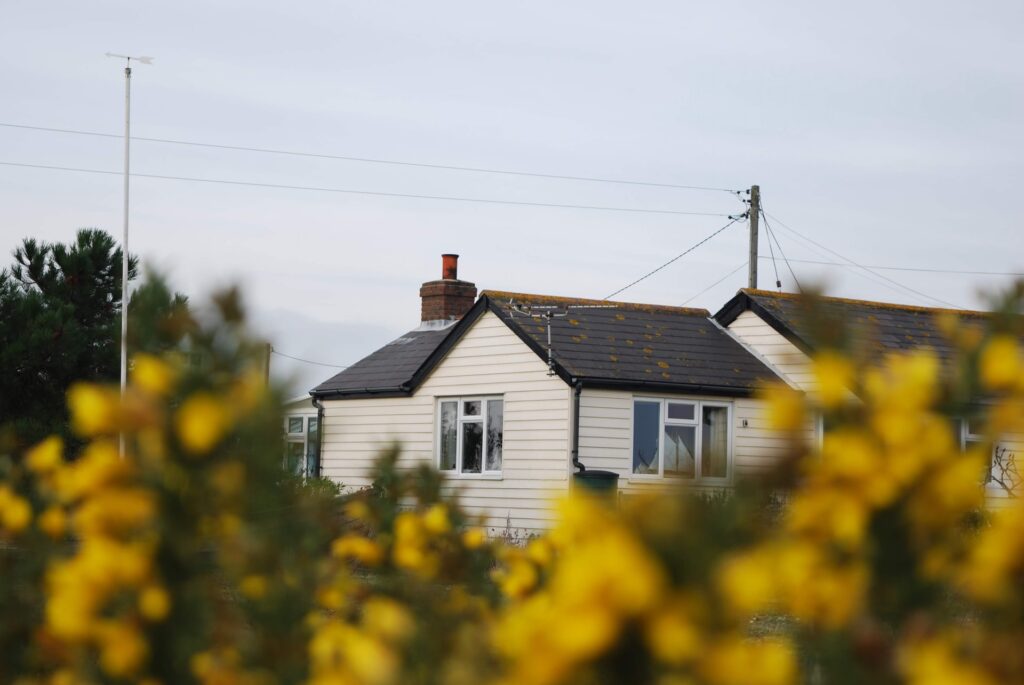We understand that tax is difficult. From working out which tax you need to pay, to estimating how much tax you owe. It can often feel like a minefield with no map. To make the process more simple on any additional properties that you may own, or come to own in instances such as probate, red book valuations are here to help.
So, why do you need a red book valuation for capital gains tax? They provide a thorough evaluation of the property to the high standards of the RICS, which in turn provides you with an accurate estimate of what the property is worth. This makes the tax calculation process much easier, as it provides a clear guide price for those tricky calculations.
To help you learn more about capital gains tax valuations, our team has put together this short guide for you to explore.
Is a red book valuation essential for capital gains?
Yes. Where tax is concerned, red book valuations are often requested to ensure that all calculations are correct. Due to the complexity of tax, a thorough valuation of the property in question helps to eliminate the risk of issues arising from paying the incorrect amount of tax.
This is especially the case when it comes to capital gains tax. Before you’re required to pay, you have a non taxable allowance up to £12,300. Any profits made on your assets after this amount will be tax deducted.
It is your responsibility to complete any tax return forms, which is why record keeping is essential to this process. This includes the Post-Transaction Valuation Checks for Capital Gains (CG34), where you have a 60-day filing requirement to submit your valuation figure.
Why do I need a red book valuation?
Other than to provide an accurate property estimate, you may be wondering why else do you need a red book valuation? The honest answer is that they outline the global standards in which property valuations should be conducted, meaning that you’ll be provided with highest quality support and guidance during the evaluation process. This is both in terms of service, and written reports that can be passed on to third party members (such as HMRC).
Is inheritance tax the same as capital gains tax?
No. Inheritance tax is something that is paid if or when you inherit possessions or property after someone has died. In comparison, capital gains tax is a tax bill that occurs when you sell something that has increased in value.
The confusion occurs between the two taxes because both may be applicable if you inherit property from a deceased person through probate. For example, if you inherit a property after someone has died, any beneficiaries will not be liable to pay capital gains on their inheritance. However, beneficiaries will be subject to pay capital gains tax if they choose to sell the property at a later date for any profit.
Who can provide a red book valuation?
It’s important to note that only a trained and RICS registered professional is qualified to carry out a red book valuation to help you calculate your capital gains tax. This includes any RICS registered chartered surveyors who will be able to guide and support you through the process.
Why choose Crest Surveyors to assist with your red book valuation for capital gains tax?
If you’re looking for friendly, experienced, RICS-qualified surveyors to help you with your capital gains tax valuation, then you’re in the right place. Our expert team has experience with a wide range of properties in the London and Surrey area. We will provide you with a thorough valuation report that includes detailed descriptions of the property, photographs, methods used for valuations and more.
Our team will help you through every step of the way to ensure that you’re paying the correct amount of capital gains tax on your property. All our work complied with the RICS UK Guidance Note 3 and Taxation and Chargeable Gains Act (1992).
If you have an enquiry or questions about your property, simply speak to one of our team members today using our contact form.
FAQs
What is a red book valuation?
A red book valuation is an in-depth property valuation conducted by someone who is a qualified Royal Institute of Chartered Surveyors (RICS). It provides the highest standard of property valuation, and can only be carried out by a trained professional.
What is capital gains tax?
Capital Gains Tax is a UK tax charged on any profits made from the sale of an asset which has increased in value. This includes if you’ve sold the asset, exchanged it, given it away as a gift or received compensation on it.
An asset can include an item, properties that are not your main home, business assets or shares.
How much tax do I pay on capital gains?
The amount of capital gains tax that is required to be paid depends on your current tax bracket, and the amount of gains. For example, if you’re a basic rate taxpayer and the amount of gains is within your taxable income, then you will be subjected to 18% tax on residential property.
If you’re within a higher tax bracket, then you’ll be subjected to 28% tax on capital gains for residential properties.
When do you need a red book valuation?
Red book valuations are required at any time an estimated worth of property is needed for formal valuations, or for tax purposes.
When do I need to get a valuation for capital gains?
You will need to acquire a valuation for your additional property/properties before you plan on selling, swapping or transferring the land.
How accurate is a red book valuation?
The RICS standards set out in a red book valuation ensure that this report is thoroughly accurate and in line with the current legislation and regulations.








